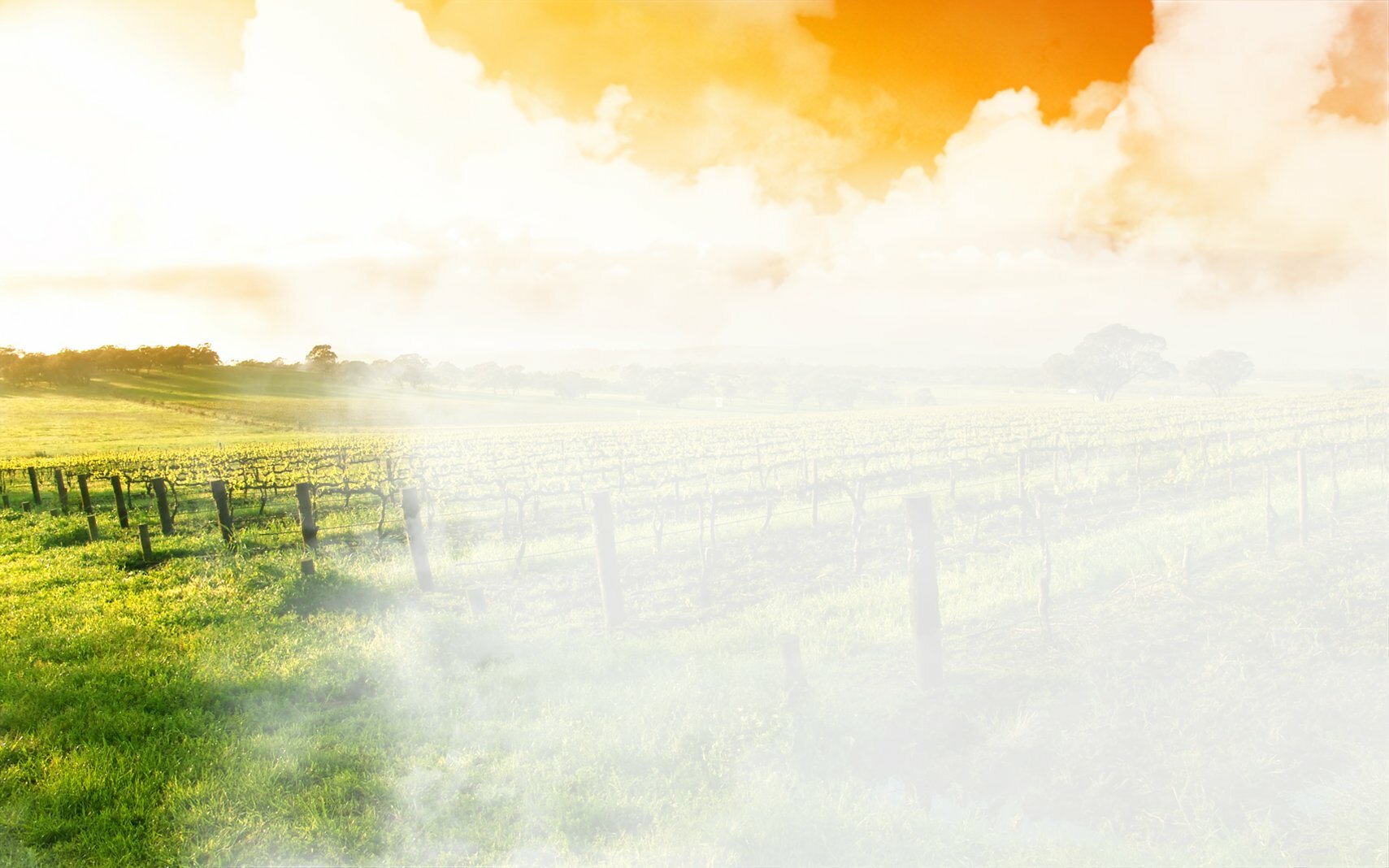FAIRTRADE COMMENTS HUMAN RIGHTS WATCH'S REPORT
23.08.2011 - A 96-pages report from Human Rights Watch (HRW), entitled Ripe with Abuse: Human Rights Conditions in South Africa's Fruit and Wine Industries, has created a challenging discussion around the lack of fair labour conditions in South African farms. According to HRW, workers on our country's wine and fruit farms lead "dismal, dangerous lives". Allegations include human rights abuses, lack of workers rights, unfit housing, exposure to pesticides without proper safety equipment, lack of access to basic services such as toilets and drinking water and barriers to union representation.
The report, which can be fully downloaded here, has already received feedback from the media and industry stakeholders. Read the article in The Guardian (South African wine industry tooted in human misery, says report), Times Live (Slaves make wine in SA, again), Business Day (Human Rights Watch calls for action on Cape workers), and the reaction from Wines of South Africa (WOSA questions bias of human rights watch report on wine farming).
Given their relevance for the Fairtrade movement, the HRW allegations have triggered reactions from Fairtrade organisations worldwide. Click here to download our reaction statement, and here to download Fairtrade International's response.
Fairtrade and Human Rights
Along with other ethical initiatives, such as WIETA (Wine Industry Ethical Trade Initiative, see their website), Fairtrade has been active in the local wine industry since 2003. Currently, 39 wine-making businesses - including wine grape farms and cellars - and 27 fresh fruit ones are certified with Fairtrade in South Africa.
Besides implementing regulations around sustainability in production and environmental management, the bulk of Fairtrade Standards covers all aspects of labour and human rights. These include compliance with national regulations regarding minimum wages and working hours, freedom of association and bargaining, non-discriminatory policies, strict health and safety measures including access to basic services, as well as measures against child or forced labour. All Fairtrade farms are annually audited by an independent certification body. Audits can take up to three days and they include individual interviews with farm workers. See our Fairtrade Standard section for more information.
In addition, Fairtrade requires certified farms to offer training opportunities and workers must democratically organise in a committee (the so-called Joint Body) that received the Fairtrade Premium, which they invest in programmes that benefit the entire community. In 2010, over 10million rands were re-invested in socio-economic projects for the upliftment of farm workers, their families and their communities. Read the report Use of Fairtrade Premium in South Africa in 2010, compiled by us in May 2010, on how farm workers used this money. The report shows that more than half was invested in education programmes and infrastructure improvements. For the report on the use of the Premium in 2009, see our Facts & Figures page.
As a movement, Fairtrade seeks to make trade fairer and share benefits equally along supply chains - from the worker to the consumer. As a certification system it assures consumers that all relevant Fairtrade Standards are met and are annually checked. We encourage consumers and traders in supporting ethical trade movements such as Fairtrade in order to ensure that such human rights abuses become less and less relevant in the future and that we can grow our country as a whole, without anyone missing out.



